New Delhi, November 06, 2023: The International Convention on Sustainable Trade and Standards (ICSTS) organized by the India National Platform on Private Sustainability Standards and hosted by the Project Analysis and Documentation Division of Quality Council of India (QCI) in collaboration with the United Nations Forum on Sustainability Standards (UNFSS) witnessed the signing of key agreements and launch of new initiatives on the first day. These included:
- Bilateral Agreement with African Organisation for Standardisation: This landmark agreement is set to strengthen trade relations and harmonize standards, enhancing the global trade landscape. Declared Cooperation in the Sustainability Standards Ecosystem with the African Organisation for Standardisation (ARSO)
- Benchmarking of IndG.AP. by the GLOBAL G.A.P. through the National Technical Working Group (NTWG) mechanism and creation of National Interpretation Guidelines (NIG) impacting around 12,000 farmers, thus ensuring ‘Sabka saath, sabka vikas, sabka vishwaas’. Continuing with the engagement, India has inked agreements with Brazil, Mexico and now the African Regional Standards Organisation for cooperation on VSS.
- ONDC's Digitalization Initiative: This initiative would align with ONDC's commitment to fostering the e-commerce revolution, making trade more accessible and efficient in the digital age, support the IEC / ISO standards about material, product properties, calculation methods, formats of declarations, ensure Confidentiality and trustworthiness, facilitate Peer-to-peer communication decentralized architecture for full data sovereignty of all partners.
- Platform for Carbon Credits: Acknowledging the global urgency to address climate change and emissions reduction, this platform provides a unique avenue for nations and organizations to mitigate their carbon footprint and support sustainable trade practices
- Launch of UNIDO White Paper on Sustainable Supply Chains: Solutions for step-by-step integration of industrializing countries into sustainable value chains.
Shri Jaxay Shah, Chairperson, QCI welcomed all the guests and underscored the critical importance of sustainability for our planet. He highlighted this year's worldwide emphasis on "Sustainability Standards for Global Sustainability Goals." He emphasized the necessity of robust links in global value chains to advance sustainable trade.
Mr Pedro Manuel Moreno, DSG, UNCTAD highlighted the significance of SDGs for global prosperity and the key role of Voluntary Sustainability Standards (VSS) in promoting sustainable production and trade. He also recognized the challenges VSS presents to stakeholders in developing nations. He praised the Quality Council of India for benchmarking IndG.A.P with GLOBAL.G.A.P, facilitating farmers' access to global markets.
Dr Harsha Vardhana Singh, Chair India PSS Platform and Former DDG WTO, complimented QCI for being the first platform out of the 10 platforms created to pioneer services of benchmarking and inking international cooperation with Brazil, Mexico and African Standardisation Organisation.
Shri Rajesh Maheshwari, SG, QCI spoke about the rich tradition of India for practicing sustainability which is displayed through traditional practices and various treaties in international forums.
Dr Ralf Peters, Head of Trade Analysis, Division International Trade & Commodities, UNCTAD; Mr Santiago Fernandez De Cordoba, Chief, United Nations Conference on Trade and Development (UNCTAD) VSS Program; Mr Joseph Wozniak, Director, T4SD Programme, International Trade Centre; Dr Virpi Stucki, Chief Division of Fair Production, Sustainability Standards & Trade, UNIDO; Mr Charles Gachahi, Eco Mark Africa, CACO and COCO Coordinator (ARSO), Mr Ignacio Antequera, Director Sales & Stakeholder Relations, GLOBAL G.A.P. and Dr Axel Marx, Deputy Director, Leuven Centre for Global Governance Studies, University of Leuven shared their perspectives on topics including global sustainability goals, compliance with due diligence regulations in global value chains, the reinforcement of these chains through Voluntary Sustainability Standards, as well as discussions on CS3D and evolving trade scenarios within the forestry sector.




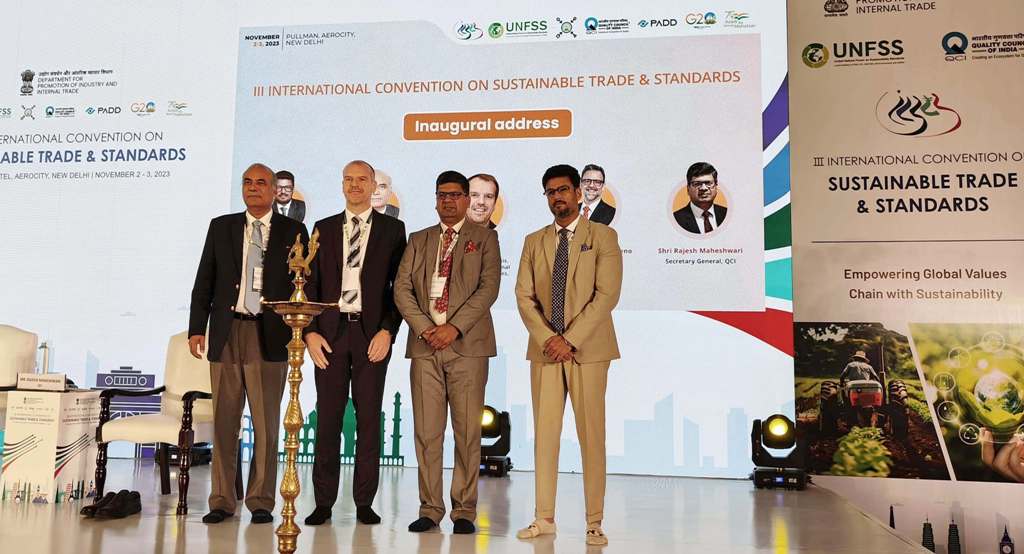

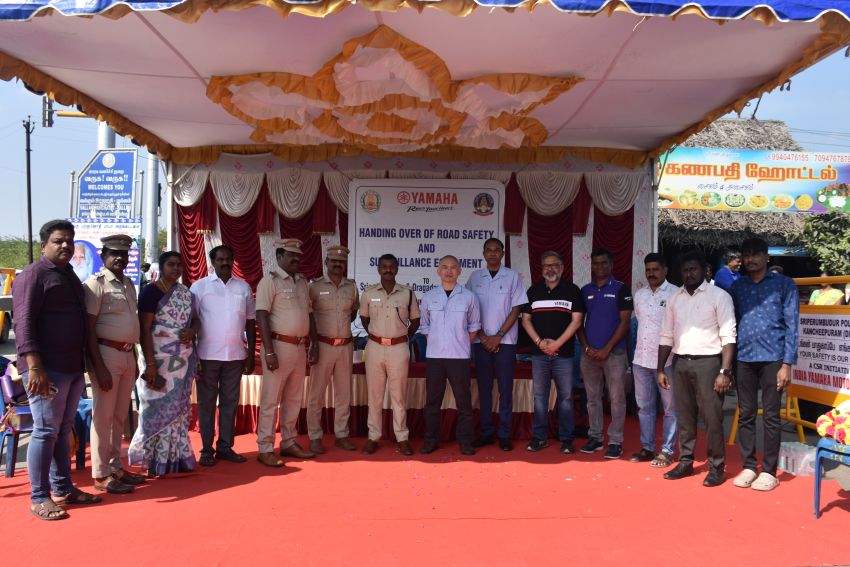

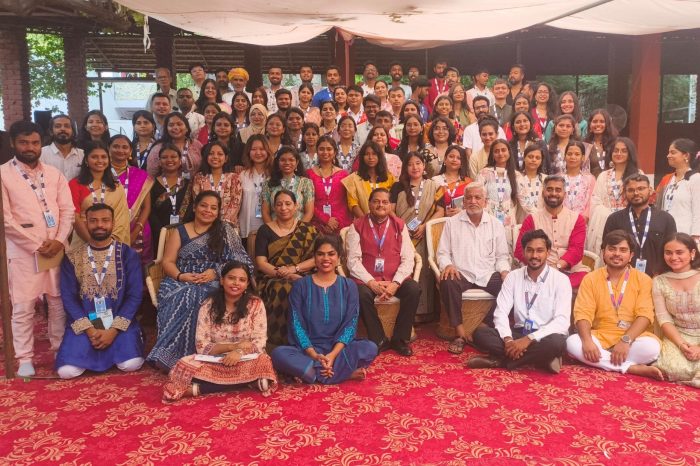
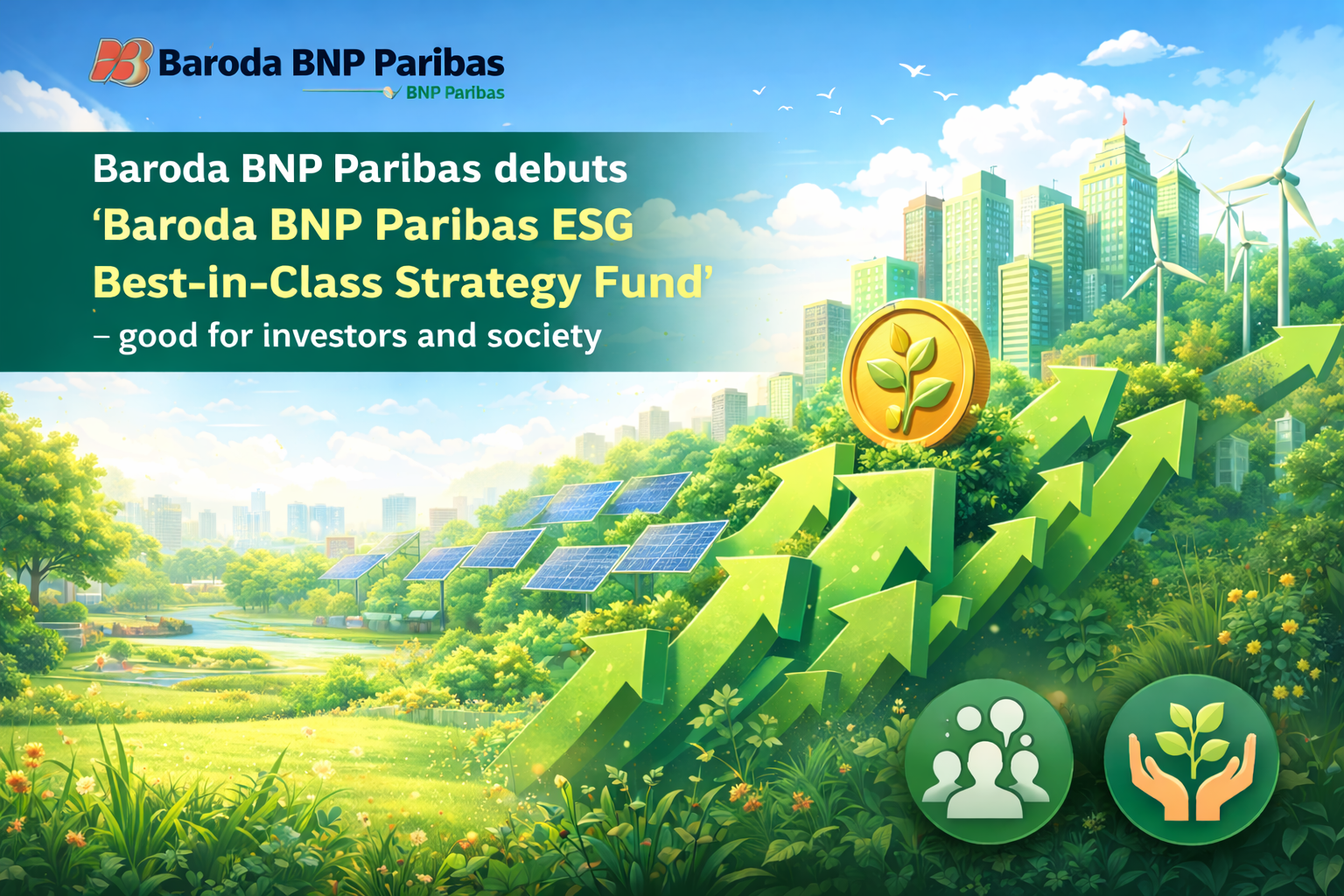

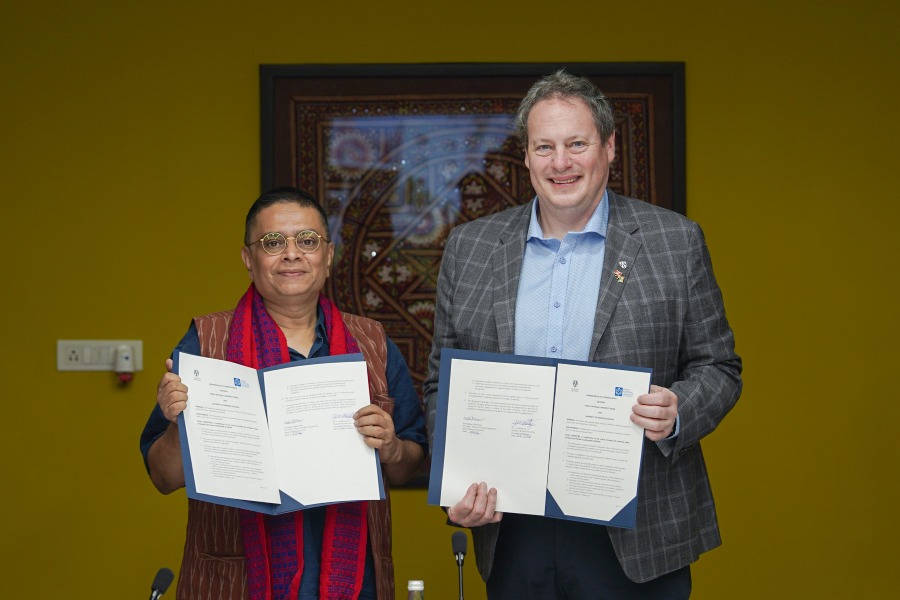
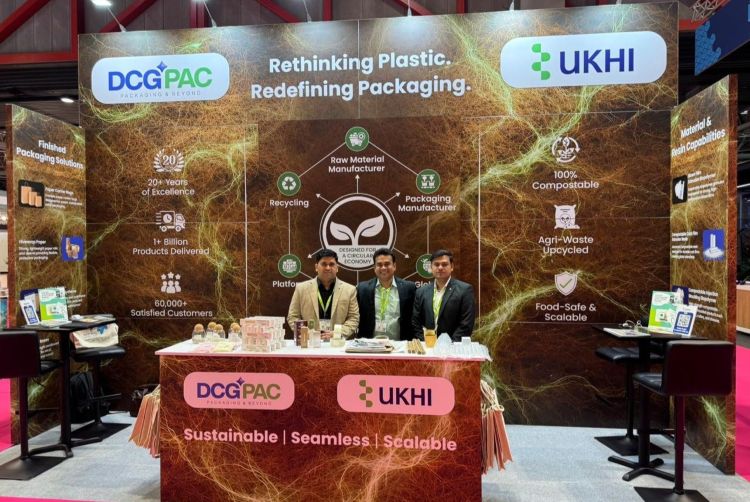



.jpg)



